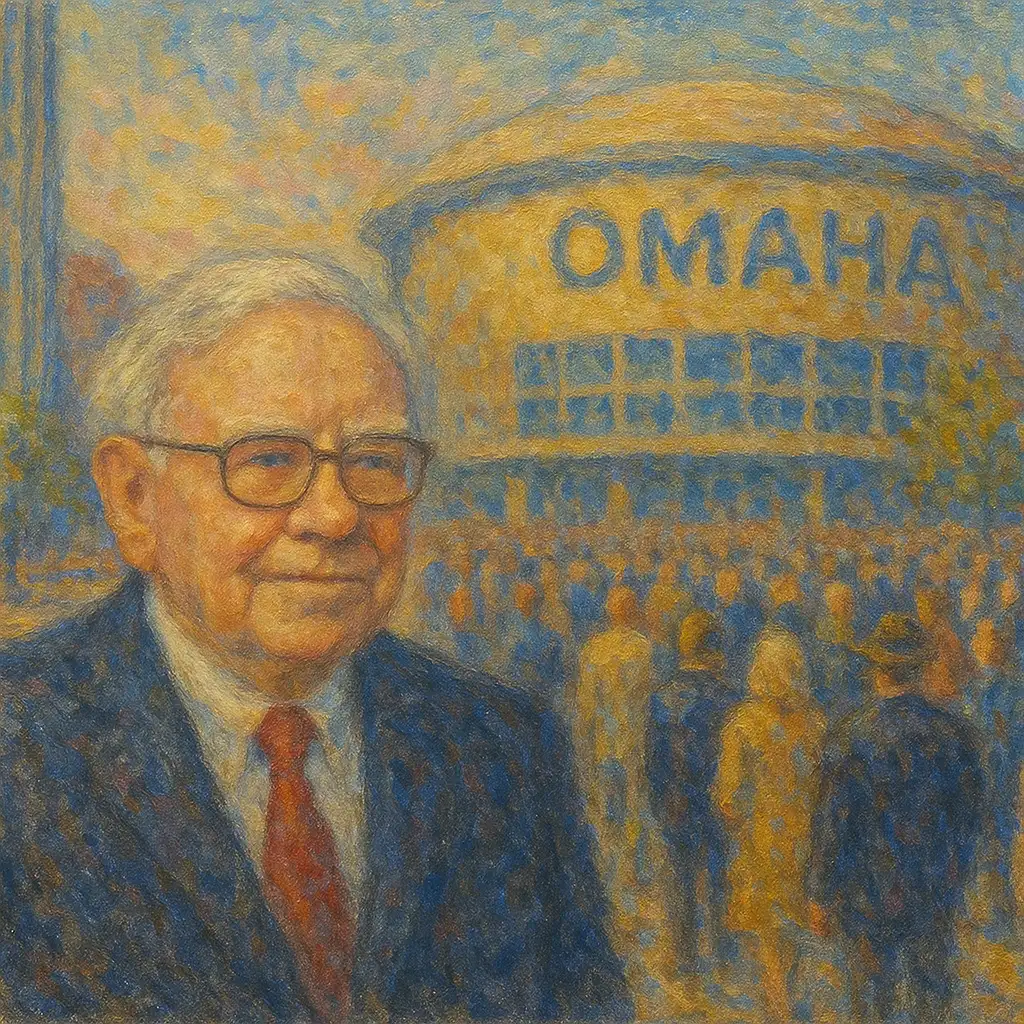Vitaliy,
Can you believe this? I mean, really, what is with these people working at Wal-Mart (WMT)? If they wanted to have a lunch break, they should have gone to college (like you and I), don’t you think? The next thing you know they’ll want to be paid for overtime. Oh, I forgot Wal-Mart has already been busted for that one. In any event, these ungrateful, under achieving employees will come up with some other scam to steal money from St. Wal-Mart. There ought to be a law!
Merry Xmas.
Michael
Michael,
Now I know how Michael Carleone felt when he said, “Just when I thought that I was out they pull me back in”. I thought I put the Wal-Mart issue to rest, but it keeps coming back. So let’s clarify couple things: neither I nor my firm own shares of Wal-Mart. I like the company – it has a nice moat around its business. However, I think its future sales growth rate will be a bit slower than the market expects, as a very large portion of it will come from the cannibalization of the existing store base. I believe current valuation, which looks attractive from relative to past perspective, still doesn’t reflect slower growth ahead. Thus, the stock is not cheap enough for me to step up to the plate. Also I am not a secret member of the “defend the Wal-Mart club”. It doesn’t need my defense; it has its own PR firm, which is doing a terrible job explaining how capitalism works to the public. My interest in Wal-Mart only extends as far as it represents capitalism at its worst and its best.
The lost lawsuit – halleluiah! Wal-Mart broke the law, and paid $172 million for it. This is how capitalism works. Our legal system creates boundaries of acceptable behavior – laws. You break the law, you pay. I challenge you to find a Fortune 500 company that doesn’t have a lawsuit on its hands; lawsuits are just the cost of doing business in our very litigious society. Wal-Mart (or any other company) will think twice the next time it decides to deny overtime to its employees or cut their lunch break.
To your comments, Wal-Mart is not breaking the law by paying what it pays to its employees (unless it pays less than minimum wage, which it is not, but then again you never know). If a person doesn’t want to take a job at Wal-Mart that pays $8 an hour, he/she can go get a union job at a local Albertson’s (ABS) or Safeway (SWY) store. Oh wait a minute, those inefficient, bureaucratic, timocracies (employees paid and promoted based on time served, not based merit or skills) are losing market share and closing stores due to competition from the more efficient meritocracies such as Wal-Mart, Target (TGT), Costco (COST), BJ’s (BJ) and Whole Foods (WFMI).
Timocracies don’t work well because there are no incentives in place for skills advancement and development.
Capitalism is a merit system with some dose of randomness injected into it. Not everyone succeeds, but for the system to work everyone cannot succeed. Japan learned that lesson in a very prolonged and painful way, when it did not allow failed companies to fail and companies that were supposed to be dead were artificially kept on life support. This resulted in the 15-year zombie economy. There should be a healthy dose of hunger injected into system. Not hunger for food, but hunger for advancement in social status, hunger for material things (bigger cars and houses, the latest “must haves,” etc.). As I mentioned before, the social nets that are so intertwined into the diluted American version of capitalism protect the less fortunate from hunger.
My friend from the Windy City, Brian Gilmartin, wrote the following:
Here is an excerpt from a Stephen B. Oates book on Abraham Lincoln entitled, “With Malice Toward None.” In this passage on p. 166, Lincoln is addressing or giving a graphic defense of the “Northern free-labor system” and attempting to refute slavery defenders. Slavery is an emotional topic (quite obviously), and I’m not trying to compare slavery and union membership, but as I read the following quote in the book, I couldn’t help but think of your Wal-Mart piece.
You tell me if what Lincoln says here doesn’t apply to your Wal-Mart and anti-union argument.
“Southerners he observed maintained that their slaves were better off than the hired worker in Northern society. Apparently they thought that Northern laborers were fatally fixed in their position for life, but how little they know !. For that was the basic error in Southern thought from which flowed all other mistaken attitudes. In fact it was the genius of the free-labor system that there was no permanent class of hired workers. Northerners were free to move up, progress and enjoy social and economic mobility. “I was a hired laborer”, Lincoln recalled, working for $12 a month. Yet the system gave him the opportunity to improve himself to rise above his humble origins and become a self-made professional man. So in the free labor system, “the hired laborer of yesterday labors on his own account to-day; and will hire others to labor for him tomorrow.” Lincoln described in story form how the system operated: “the prudent penniless beginner in the world” leaves home with his capital – two strong hands and a willingness to work – and chooses his employer and mode of labor. His employer pays him “a fair day’s pay for a fair day’s work” (which) he saves frugally for years, buys land on his own hook or goes into business for himself, marries, has sons and daughters, and in time has enough capital to hire his own beginner. And this free-labor system, this “progress by which the poor, honest, industrious, and resolute man raises himself” – as Lincoln had raised himself – is the “great principle” Republicans intend to take into territories…. For the free-labor system opens the way for all, gives hope to all, and energy, and progress, and improvement of condition to all. And those who remain as workers – and he conceded that many did – cannot fault the system for their condition. They remain as workers either because they have dependent natures or because of improvidence, folly, or misfortune. For the doors are always open for them to better themselves. The hope for self-improvement is always there.”
What surprises me is that union members don’t realize that by agreeing to collective bargaining, they give up all rights to self-advancement. In effect, without regard to personal ability, they become part of a caste system. Wal-Mart workers are free to work elsewhere if they are unhappy with Wal-Mart as an employer.
Got to run; my wife is about to have a baby.









0 comments